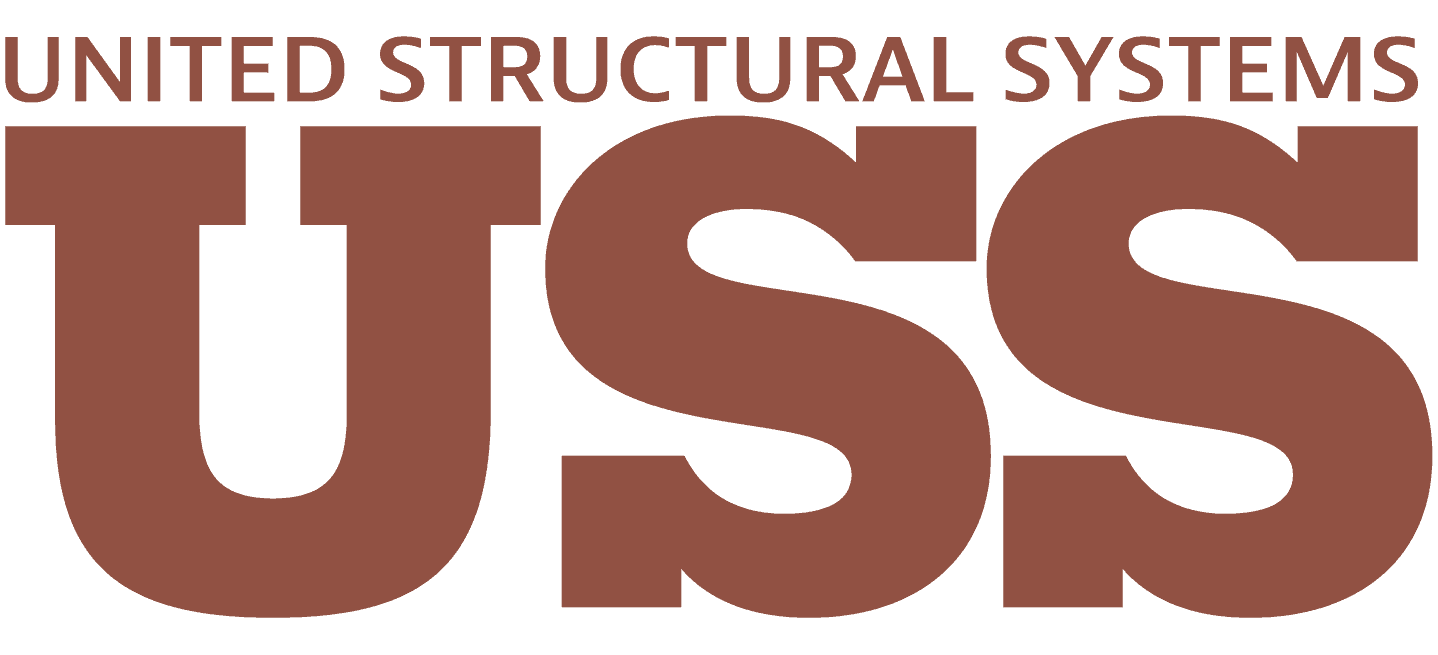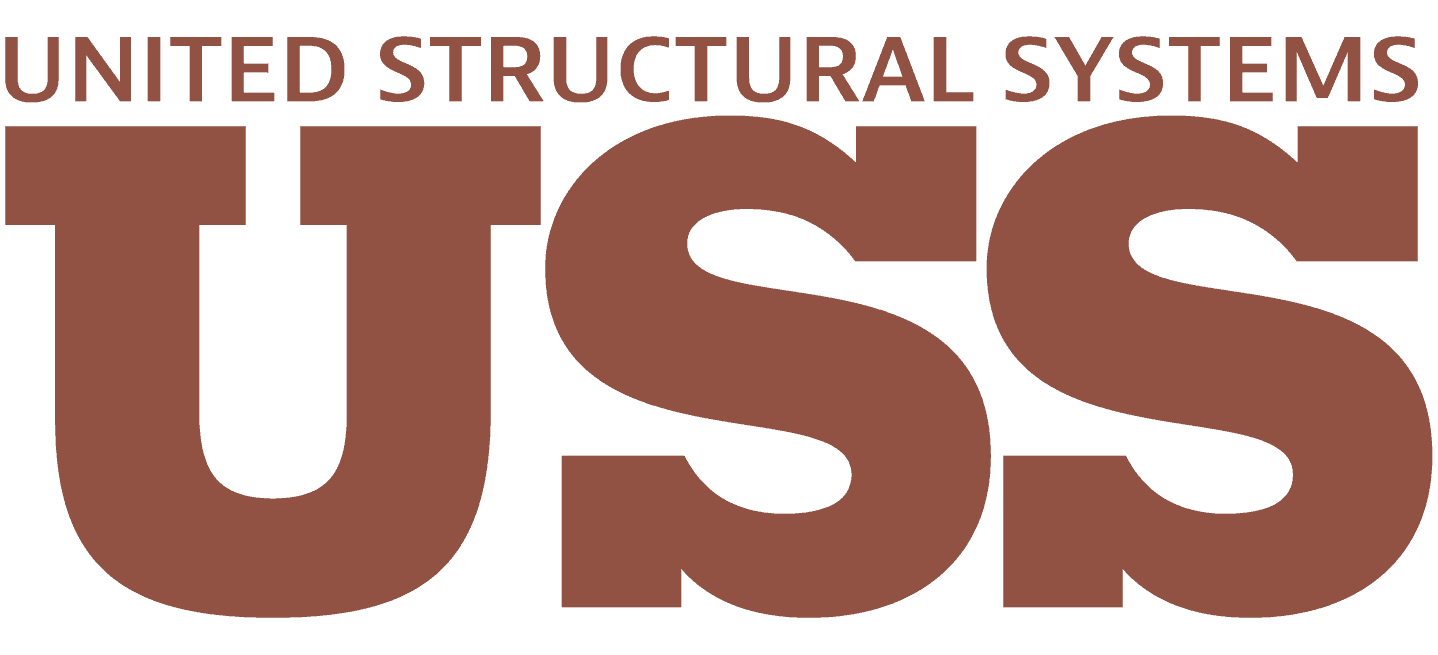Concrete leveling is crucial to maintaining your home's or commercial building's structural integrity. Over time, concrete slabs can sink due to soil erosion, poor compaction, and other factors. Sinking concrete can lead to uneven surfaces, cracks, and other safety hazards. Traditional concrete leveling methods have been around for decades, but new technological advances have led to the development of PolyLift, a more efficient and effective solution.
In this blog post, we'll explore the advantages of PolyLift over traditional concrete leveling methods.
What is PolyLift?
PolyLift is a state-of-the-art concrete lifting and leveling method that utilizes high-density polyurethane foam to raise and stabilize sunken or uneven concrete slabs. Unlike traditional methods such as mudjacking or slabjacking, which involve pumping a mixture of water, soil, and cement under the slab, PolyLift injects a specialized foam that expands and hardens, providing a solid and long-lasting support system.
Key Advantages of PolyLift
Before diving into the specific advantages of PolyLift, it's essential to understand what sets this innovative method apart from traditional concrete leveling techniques. The unique properties and application process of PolyLift offer numerous benefits that make it a superior choice for homeowners and commercial property owners.
The key advantages of PolyLift that contribute to its growing popularity and effectiveness include the following:
- Speed and Efficiency: PolyLift is a fast and efficient method of lifting concrete slabs. The injection process takes only a few minutes, and the foam cures quickly, allowing the project area to be used within minutes rather than days.
- Minimal Disruption: Traditional concrete leveling methods require large equipment and can be quite invasive, often requiring the removal of landscaping or other structures around the work area. PolyLift, however, requires only small holes to be drilled into the concrete, resulting in minimal disruption to your property.
- Lightweight Material: The high-density polyurethane foam used in PolyLift is much lighter than the mud or cement mixtures used in traditional methods. The lighter weight reduces the risk of further settling and sinking.
- Water Resistant: Polyurethane foam is water resistant, which helps prevent future erosion and settling caused by water infiltration. Traditional leveling methods do not offer this benefit, leaving your concrete susceptible to future damage.
- Eco-friendly: The materials used in PolyLift are environmentally friendly and pose no risk to the surrounding soil or groundwater.
- Long-lasting: PolyLift provides a long-lasting solution for your concrete leveling needs. The high-density polyurethane foam maintains its shape and support over time, creating a stable surface for years to come.
- Less Expensive: PolyLift is less expensive than full concrete replacement and makes concrete repair a more affordable option for homeowners looking to lift concrete steps, sidewalks, and other concrete around the property.
Comparing PolyLift to Traditional Methods
While the advantages of PolyLift are clear, it's important to put this innovative method into context by comparing it directly to traditional concrete leveling methods. Once informed of the differences between PolyLift and older techniques such as mudjacking and slabjacking, property owners will be better positioned to determine which method best suits their specific needs and requirements.
Mudjacking: Mudjacking is a traditional concrete leveling method that involves pumping a slurry mixture of water, soil, and cement under the sunken slab. While this method was once effective, it has several drawbacks compared to newer PolyLift techniques, for example:
- Mudjacking requires larger holes to be drilled into the concrete, creating more disruption and potential damage.
- The mud slurry is heavy, which can add additional stress to the soil beneath the slab and potentially lead to further settling.
- Mudjacking does not provide a water-resistant barrier, leaving the concrete vulnerable to future water infiltration and erosion.
- The weight of the mud mixture requires a longer downtime for the affected area in order to cure, resulting in a longer repair process.
Slabjacking: Slabjacking is another traditional method that involves injecting a cement-based mixture under the slab to raise it. While this method shares some similarities with mudjacking, it also has its own unique drawbacks, for example:
- Slabjacking adds significant weight to the soil beneath the slab, increasing the risk of further settling.
- The cement mixture takes longer to cure than the polyurethane foam used in PolyLift, resulting in longer downtime for the project area.
- Slabjacking does not provide a water-resistant barrier, leaving the concrete vulnerable to future water infiltration and erosion.
Understanding how PolyLift stands up against these traditional methods can help you work with your foundation repair team to determine the level of concrete repair and structural improvement needed for your project.
Choose United Structural Systems for Your Concrete Leveling Needs
At United Structural Systems, we pride ourselves on providing top-quality concrete leveling services using the latest technology and methods. Our experienced team of professionals is ready to help you with all your concrete repair needs, whether you need PolyLift or other solutions.
- Expertise: Our team has years of experience in the concrete leveling industry and is dedicated to staying up-to-date with the latest advancements in technology and techniques.
- Quality Service: We are committed to providing exceptional customer service and ensuring your satisfaction with our work.
- Free Estimates: We offer free, no-obligation estimates for all your concrete leveling needs.
- Satisfaction Guaranteed: No payment is required until our work is complete and you are satisfied with your concrete repairs. We Guarantee Our Best!
Don't wait any longer! Contact United Structural Systems today to schedule your free estimate and learn more about how PolyLift can provide a superior solution to traditional concrete leveling methods.
Contact us now at (615) 307-9510 or using our online contact form to request more information about PolyLift foundation repair.


